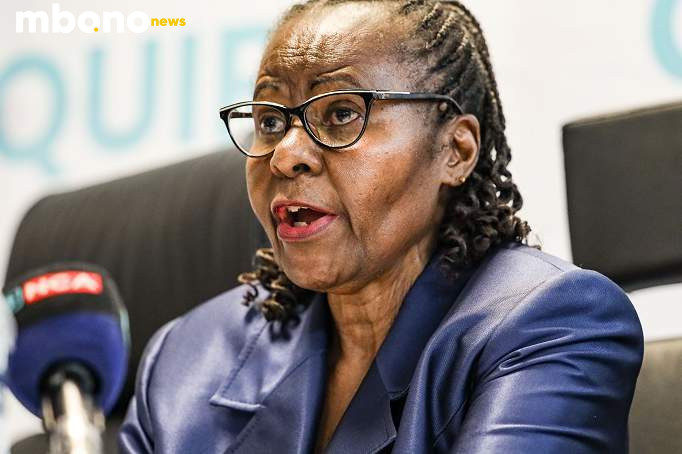Pretoria, South Africa — President Cyril Ramaphosa has appointed retired Justice Sisi Khampepe to chair a long-anticipated judicial inquiry into the prosecution delays of apartheid-era crimes referred by the Truth and Reconciliation Commission (TRC).
The newly established commission will investigate whether deliberate efforts were made to obstruct or delay the investigation and prosecution of cases that were handed to the National Prosecuting Authority (NPA) following the TRC’s work more than two decades ago.
🔍 Seeking Truth, Again
This inquiry marks a significant moment in South Africa’s ongoing pursuit of justice, addressing longstanding concerns that TRC-recommended prosecutions were quietly buried to protect individuals with political or state ties.
Justice Khampepe — a former Constitutional Court judge with a strong legacy in human rights law — is seen as a respected and independent voice capable of restoring credibility to the process.
“This inquiry is not just about the past — it is about accountability, transparency, and the integrity of our democracy,” said a legal expert familiar with the commission’s mandate.
⚖️ Justice Deferred
While the TRC granted amnesty to those who made full disclosures, dozens of cases involving gross human rights violations were handed to the NPA for prosecution. Yet, very few have seen any legal resolution, with many victims’ families still waiting for justice.
The inquiry will assess whether systemic failures, political interference, or intentional obstruction played a role in undermining those prosecutions.
🗣️ Public Support and Expectations
Victims’ groups, civil society organisations, and legal analysts have welcomed the announcement, calling it a long-overdue reckoning. Many hope the inquiry will not only hold those responsible to account but also pave the way for actual prosecutions where evidence exists.
The commission’s terms of reference and timeline will be released shortly. Justice Khampepe is expected to begin hearings later this year.
